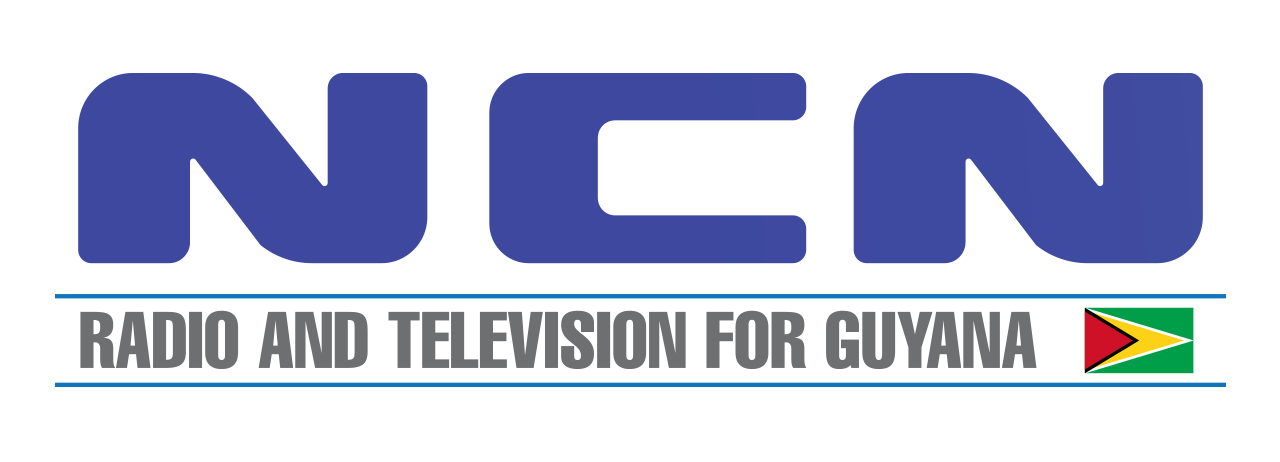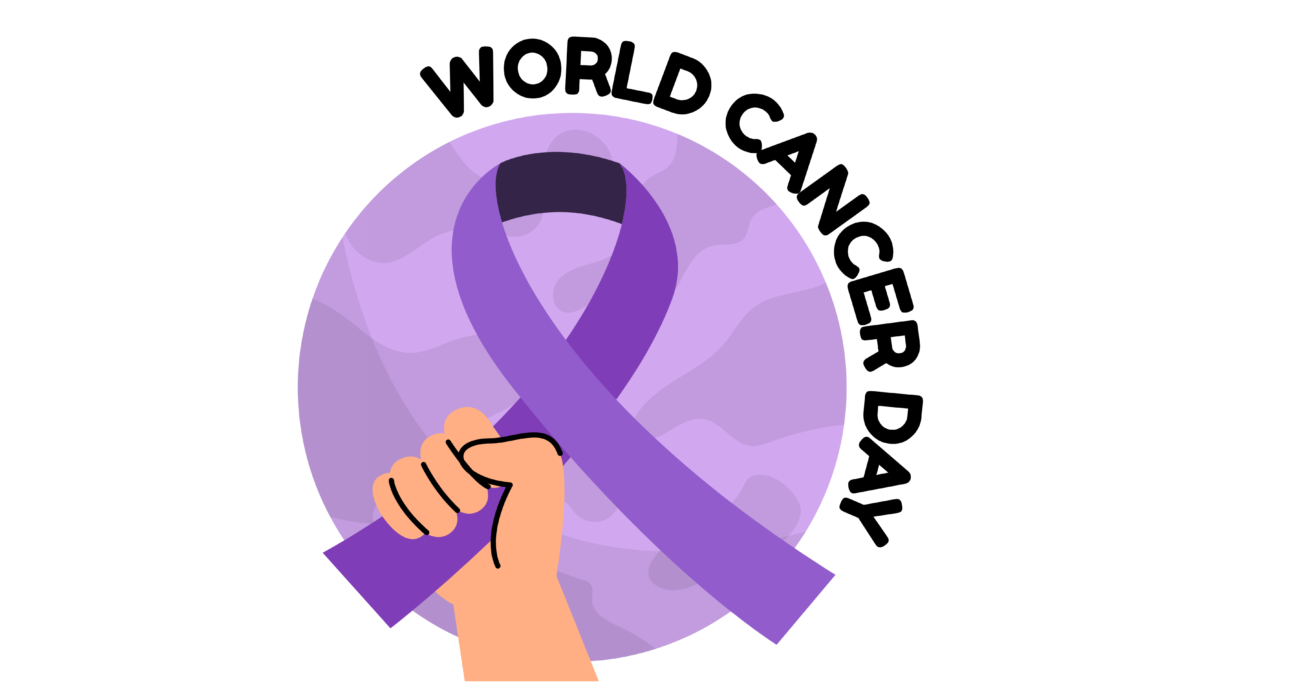February 15th marked International Childhood Cancer Day, a global observance highlighting the importance of early detection and treatment in combating cancer among children.
In this NCN Health report, sponsored by Essential Care Pharmacy and GTM Insurance, we delve into the significance of early detection in the battle against childhood cancer.
According to the World Health Organization (WHO), more than 1,000 children worldwide are diagnosed with cancer every day.
While recent medical advancements have led to significantly high survival rates in high-income countries, with over 80 percent of children diagnosed with cancer surviving, the survival rate drops to a concerning 20 percent in some low- and middle-income countries.
To address this disparity, the WHO launched the Global Initiative for Childhood Cancer.
The initiative aims to achieve a minimum of 60 percent survival rate for children diagnosed with cancer globally by 2030, ensuring improved access to timely diagnosis and quality treatment.
Leukaemia and Retinoblastoma are among the most common cancers affecting children.
Recognizing early warning signs is crucial; unexplained high fever often signals leukaemia, while eye enlargement is a common indicator of Retinoblastoma.
Additionally, brain tumours, while less frequent, also pose a significant threat.
Symptoms to watch out for include persistent headaches, developmental delays, and an increase in head circumference among infants.
The WHO stressed the pivotal role of parents, general practitioners, and paediatricians in early detection efforts.
Heightened awareness and timely intervention can significantly improve outcomes for children diagnosed with cancer.

